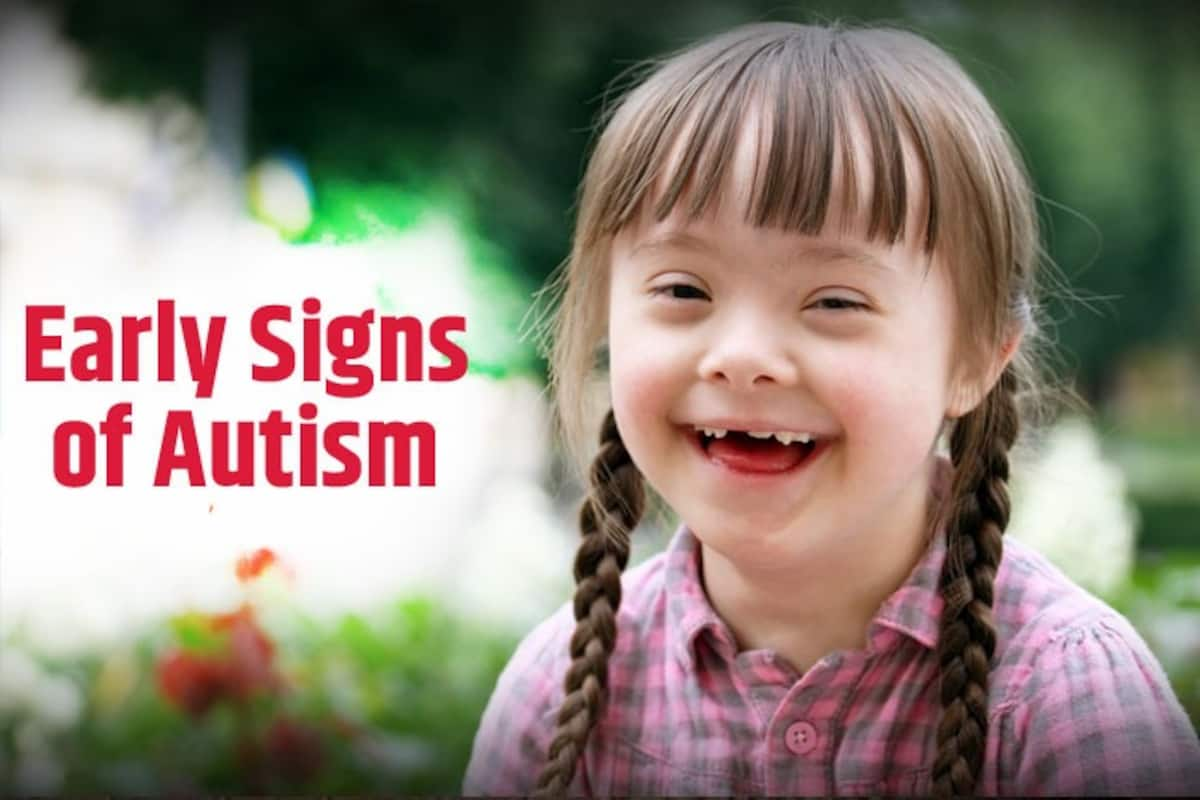The Importance of Family Members Assistance in the Journey with Autism
The Importance of Family Members Assistance in the Journey with Autism
Blog Article
Recognizing Autism: A Comprehensive Guide to Symptoms And Signs
Autism Range Problem (ASD) incorporates a wide range of attributes that can dramatically influence a person's social communications and daily functioning. Understanding these nuances not only aids caregivers and educators in offering suitable support but additionally cultivates an extra comprehensive environment for people with ASD.
Overview of Autism Spectrum Disorder
Defining Autism Range Problem (ASD) entails identifying it as an intricate neurodevelopmental problem identified by a series of obstacles in social communication, interaction, and behavior patterns. The term "spectrum" shows the broad variability in symptoms and their severity, which can vary dramatically from one person to an additional. ASD commonly shows up in early childhood, although some individuals might not get a diagnosis until later on in life.
Variables influencing the development of ASD consist of ecological elements and genetic proneness, although the precise causes continue to be under examination. Diagnosis often relies upon behavioral assessments, as there are no clear-cut medical tests for ASD. Early treatment is important and can significantly boost results, focusing on improving communication abilities, social interactions, and flexible habits.
People with ASD may additionally display unique toughness, such as outstanding attention to information or certain areas of expertise. Recognizing the multifaceted nature of ASD is necessary for fostering a comprehensive environment that fits neurodiversity. Proceeded research study is essential for establishing reliable interventions and support systems, making it possible for individuals with ASD to prosper and fulfill their prospective within culture.
Common Indications of Autism
Identifying the common indications of Autism Range Disorder (ASD) is crucial for very early identification and intervention. These indications can differ widely in seriousness and discussion, yet certain attributes are regularly observed in people with ASD.
One of the most common indications is a significant trouble in developing and preserving eye call. People might likewise display restricted rate of interest in social interactions and show a choice for singular play.
Sensory sensitivities are likewise common; people may underreact or overreact to sensory stimuli, such as appearances, lights, or noises. autism. Language growth can be atypical, with some children exhibiting postponed speech or making use of language in uncommon ways, including echolalia-- repeating sentences or expressions heard elsewhere
It is important to note that not every person with ASD will display all these indicators, and the degree of these habits can differ significantly. Early acknowledgment permits timely assistance and resources, enhancing the top quality of life for those on the spectrum.
Social Communication Obstacles
Social interaction difficulties are a hallmark of Autism Range Disorder (ASD), influencing an individual's capacity to engage effectively with others. These problems can manifest in numerous methods, including difficulties in initiating and preserving conversations, recognizing social hints, and reacting properly in social communications.
Individuals with ASD may struggle with nonverbal interaction, such as eye contact, faces, and body movement. This can cause misconceptions, as their communicative intent may not be appropriately interpreted by others. Moreover, they may discover it difficult to comprehend the subtleties of tone and context, which are vital for reliable communication.
In group setups, people with ASD may feel overwhelmed and might not this link recognize how to join in discussions (autism). They could also show irregular conversational patterns, such as monologuing about particular rate of interests without identifying social reciprocity
Moreover, these difficulties can lead to social seclusion or troubles in creating relationships, as peers may misunderstand their actions or interaction design. Understanding these social communication challenges is important for promoting encouraging settings that advertise social skills growth and boost the top quality of communications for people on the autism range.
Sensory Responses and sensitivities
Many individuals with Autism Spectrum Disorder (ASD) experience increased sensory sensitivities that can considerably affect their everyday lives. These sensitivities may manifest as over-responsiveness or under-responsiveness to sensory stimuli, consisting of audios, lights, structures, preferences, and scents. For example, a person with ASD may find day-to-day sounds, such as a hoover or crowded atmospheres, overwhelmingly upsetting, resulting in anxiety or meltdowns. On the other hand, visit our website some may exhibit an indifference to discomfort or extreme temperatures, which can posture safety and security worries.
Sensory handling differences in people with ASD can likewise affect their capacity to participate in regular activities and social communications. A child who is delicate to touch may resist physical love or avoid specific clothing materials. Conversely, a preference for sure appearances or tastes can limit nutritional options and produce obstacles during nourishments.
Comprehending these sensory level of sensitivities is essential for recognizing the distinct experiences of people with ASD. Recognition of their sensory accounts can cultivate far better interaction and assistance strategies, creating an environment that accommodates their needs and enhances their lifestyle. Eventually, acknowledging sensory sensitivities is an important part of understanding the more comprehensive range of autism.

Sustaining People With Autism
Effective support for people with Autism Range Disorder (ASD) is important for boosting their overall well-being and promoting freedom. Assistance strategies ought to be customized to fulfill the one-of-a-kind needs of each individual, considering their staminas and difficulties.

Social skills training can likewise play an essential duty. autism. Involving people in team tasks or role-playing scenarios can enhance their capability to navigate why not try here social interactions. Furthermore, it is necessary to enlighten relative, caretakers, and peers concerning ASD to cultivate a comprehensive and encouraging area
Verdict
To conclude, a comprehensive understanding of Autism Range Problem is crucial for recognizing its symptoms and signs. Early identification of usual features, such as social interaction difficulties and sensory sensitivities, enables instructors and caretakers to execute effective interventions. By cultivating enhanced communication and social skills, people with autism can browse their atmospheres more successfully. Inevitably, boosted awareness and support can dramatically improve the lifestyle for those influenced by ASD.
Autism Spectrum Disorder (ASD) includes a wide array of qualities that can significantly affect an individual's social communications and daily functioning.People with ASD may battle with nonverbal communication, such as eye call, facial expressions, and body language.Several individuals with Autism Range Disorder (ASD) experience increased sensory level of sensitivities that can substantially impact their day-to-day lives.Sensory processing differences in people with ASD can also impact their capacity to engage in regular activities and social communications.Understanding these sensory level of sensitivities is essential for acknowledging the one-of-a-kind experiences of individuals with ASD.
Report this page